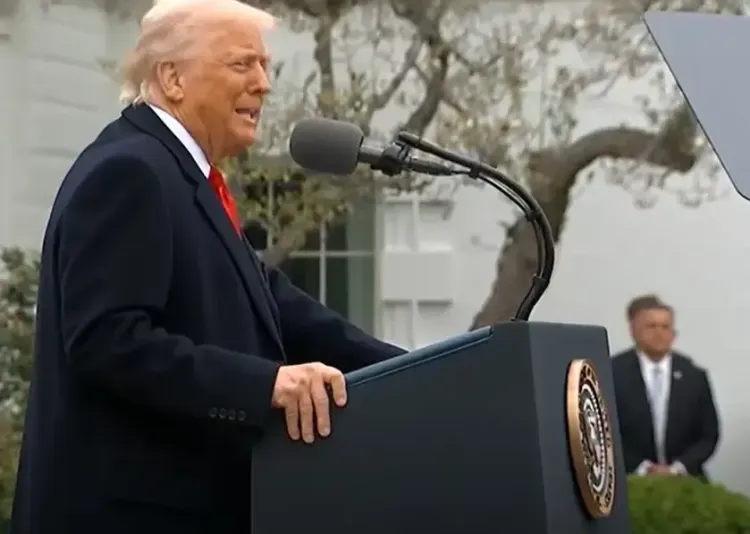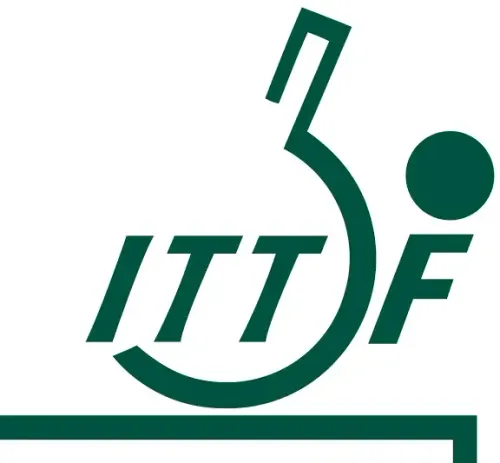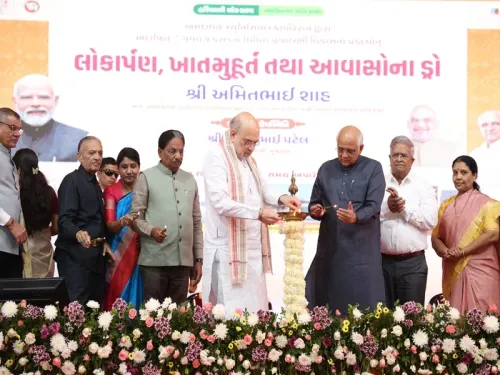Indian Pharmaceutical Exports Exempted from Trump's Reciprocal Tariffs

Synopsis
Key Takeaways
- Indian pharmaceuticals are crucial to US healthcare.
- US imports from India amounted to $8.73 billion in 2024.
- 31.5% of India's pharmaceutical exports go to the US.
- Generics from India save the US healthcare system billions annually.
- Trump's tariffs exempt pharmaceuticals, ensuring continued supply.
New York, April 3 (NationPress) Due to the crucial role of India’s pharmaceuticals in the US healthcare system, these exports will be spared from President Donald Trump’s reciprocal tariffs, as stated by the White House.
The US remains the largest importer of pharmaceuticals from India, with imports valued at $8.73 billion in the 2024 fiscal year, as per data from the India Brand Equity Foundation (IBEF).
IBEF reports that 31.5 percent of India’s pharmaceutical exports are directed to the US.
The White House factsheet released on Wednesday, following Trump’s announcement of 26 percent reciprocal tariffs on imports from India, indicated that pharmaceuticals are exempt from these tariffs.
Indian medications, especially generics, play a significant role in keeping US healthcare costs manageable, which is known to be one of the most expensive globally.
In anticipation of the impacts of these tariffs, ING Bank cautioned that “without a deal with India, we believe Trump’s tariffs will primarily increase drug prices for US consumers,” given the extensive use of generics where India is a key supplier.
Recognizing the significance of Indian pharmaceuticals, President Trump has exempted this category even in the absence of a formal agreement.
IQVIA, a healthcare data analytics firm, noted that 40 percent of prescriptions filled in the US in 2022 originated from Indian companies.
“Among the top 10 therapy areas by prescription volume, Indian firms provided over half of the prescriptions for five categories: hypertension, mental health, lipid regulators, nervous system disorders, and antiulcerants,” they reported.
IQVIA estimated that by opting for generics from India instead of expensive branded alternatives, the US healthcare framework saved $219 billion in 2022 and a total of $1.3 trillion from 2013 to 2022.
These savings far exceed the monetary values of pharmaceutical imports from India, and imposing 26 percent tariffs on these imports would have triggered a ripple effect throughout the healthcare system, particularly affecting Medicare, which is already grappling with long-term sustainability challenges.
The White House factsheet specified that products such as copper, semiconductors, lumber, bullion, energy, and specific minerals unavailable in the US are also exempt from the reciprocal tariffs.










